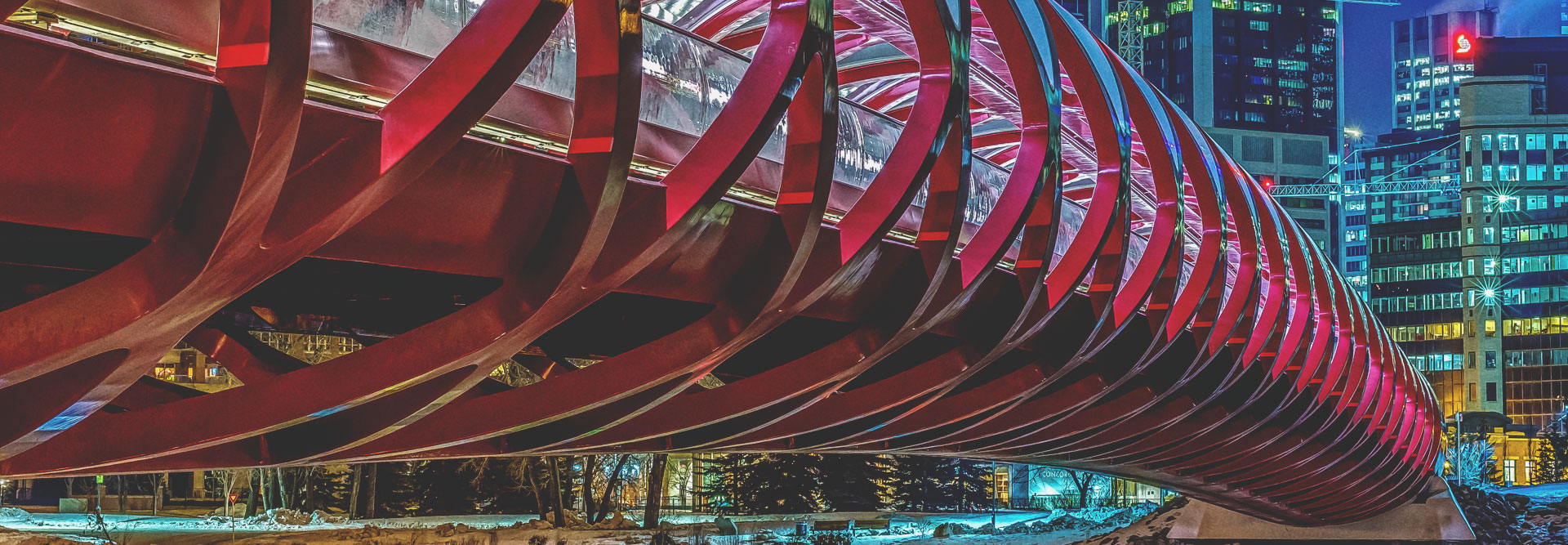Canada’s currency is the Canadian dollar. Visitors can exchange traveller’s cheques and foreign currency for Canadian funds at banks, trust companies, credit unions, ATMs, and at airport and border crossing exchange booths. Banking hours are typically Monday to Saturday, 9:00 a.m. to 4:00 p.m., though some banks are open evenings on certain days.
Other currency is not widely accepted. The US Dollar is accepted at some establishments, but is often charged at a premium rate, making it advisable to travel with at least some Canadian currency.
Goods and Services Tax
The five percent GST tax applies to most goods and services. Alberta has no provincial sales tax (PST). The Foreign Convention and Tour Incentive Program (FCTIP) provides some GST rebates.
Alberta Tourism Tax
The Alberta Tourism tax applies to Accommodations on all Alberta hotel stays.
Calgary hotels charge a tourism levy, calculated as 4% of your total accommodation charges. The levy is remitted to the Alberta Tax and Revenue Administration (TRA) by temporary accommodation providers in Alberta.
The levy does not apply if you occupy the same room continuously for 28 days or more.
More information regarding the Alberta Tourism Levy can be found on the Government of Alberta website (https://www.alberta.ca/tourism-levy.aspx) and the Alberta Hotel and Lodging Association website (https://www.ahla.ca/resources/accommodation-legislation/tourism-levy-act/).
Tipping and Gratuities
Gratuities are rarely included in the price for many restaurant and tour operators in Calgary. Tipping approximately 15-20% on the total bill before tax is customary, depending on the quality of service. Many restaurants may charge 15-18% gratuity for large group bookings (six or more guests).
Payments Accepted
Most Canadian retailers, restaurants, and services use point of sale systems that accept major credit cards, like Mastercard, VISA, and American Express. Debit cards are also accepted depending on the conditions of your banking institution and country of origin. All Canadian debit cards are accepted in Calgary. Many point of sale systems accept chip cards that require a pin number in order to complete the transaction.

